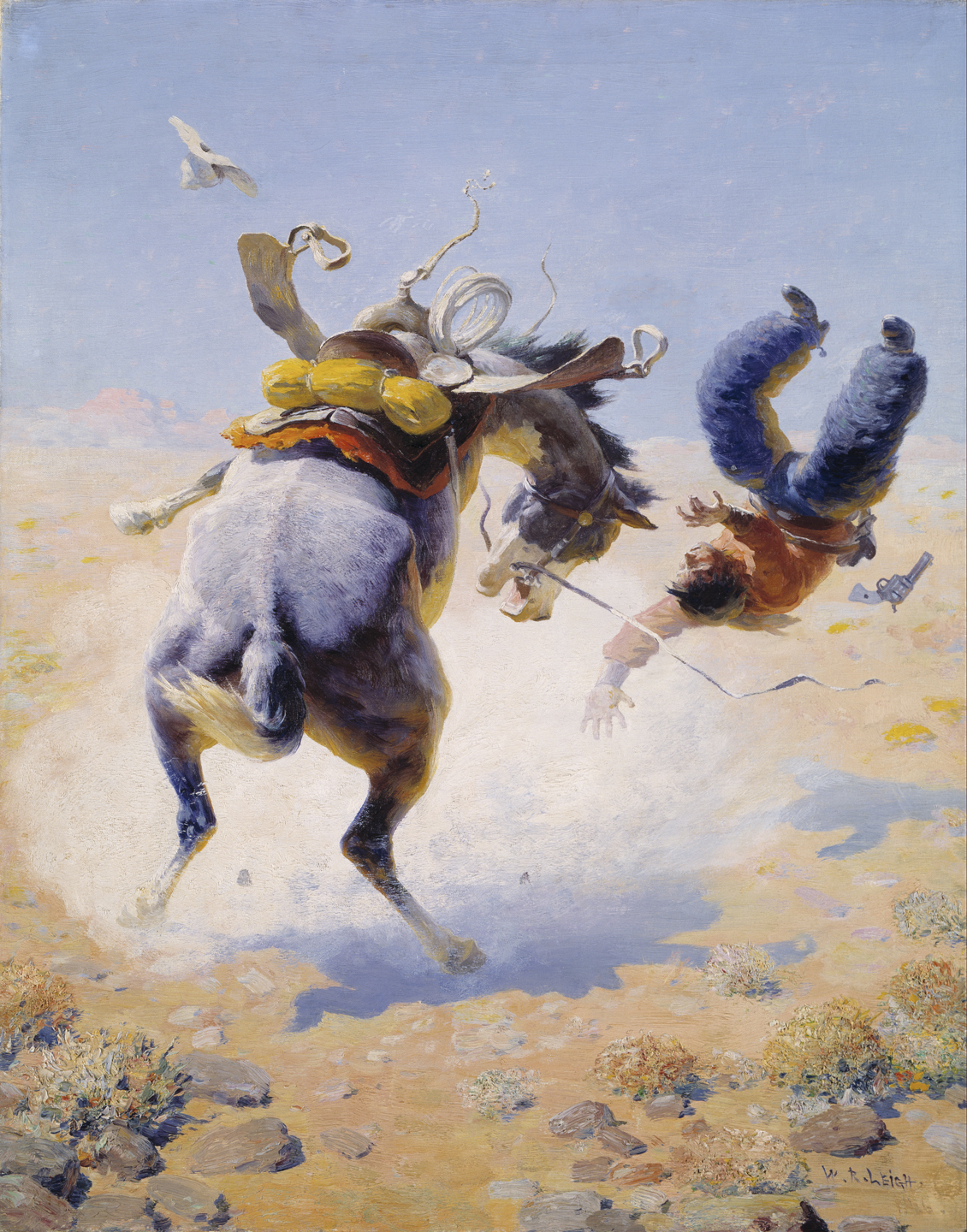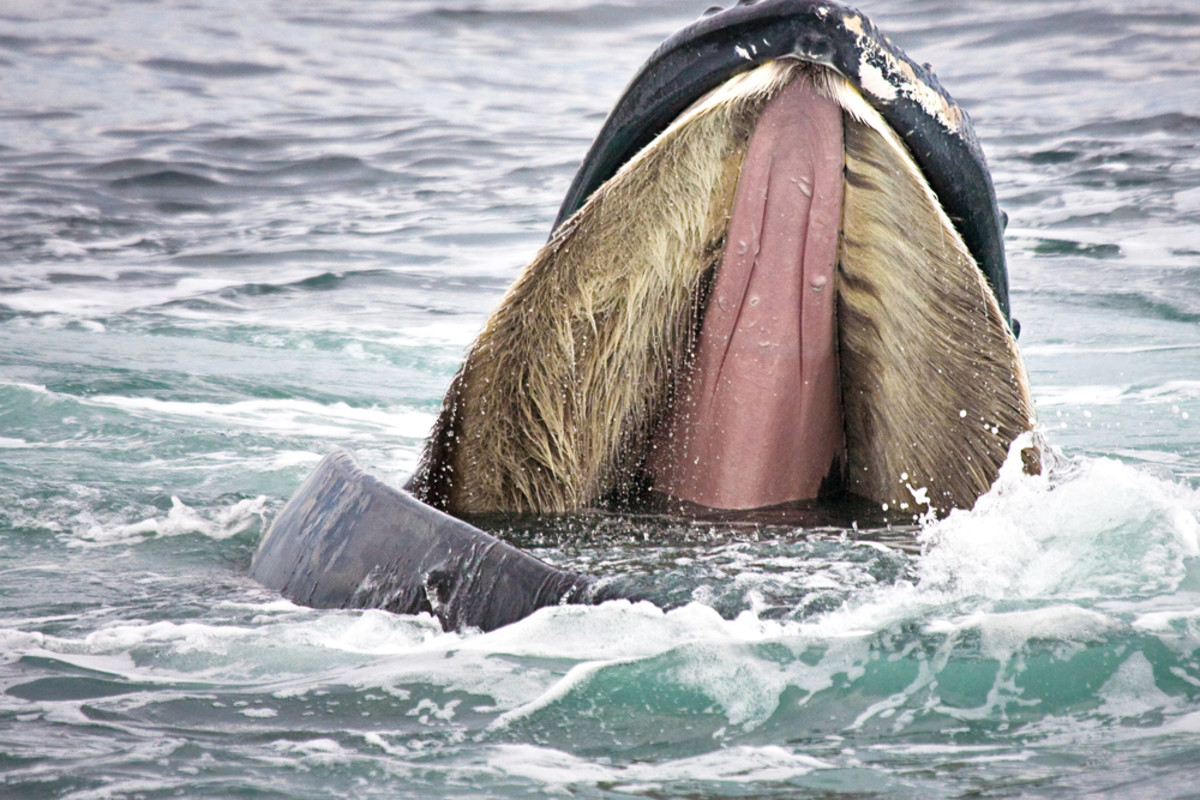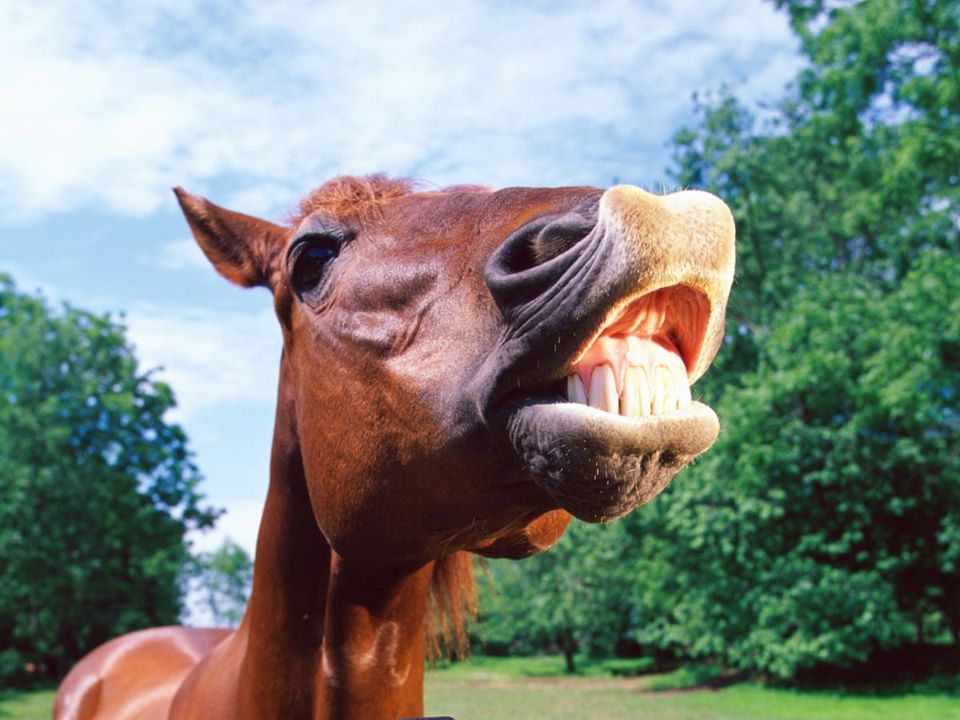The Horse’s Amazing Sense of Taste

Horses are remarkable creatures with a highly developed sense of taste that plays a crucial role in their feeding behavior and overall health. Understanding how horses perceive flavors can help owners provide better nutrition and care.
How Horses Taste Their Food

Horses have taste buds located on their tongue, soft palate, and the back of the throat. These taste buds detect five primary tastes:
| Taste Type | Description | Horse’s Reaction |
|---|---|---|
| Sweet | Indicates energy-rich foods like sugars | Generally preferred, encourages eating |
| Salty | Signals essential minerals | Moderately preferred, important for electrolyte balance |
| Sour | Often a sign of spoilage or unripe food | Usually avoided to prevent ingestion of harmful substances |
| Bitter | Can indicate toxins or poisons | Typically rejected as a defense mechanism |
| Umami | Savory taste, linked to amino acids | Less studied but may influence preference for protein-rich feeds |
Importance of Taste in Equine Nutrition
Taste influences a horse’s willingness to eat certain feeds, which directly impacts their nutritional intake. Horses may refuse feed that tastes unpleasant or unfamiliar, which can lead to nutritional deficiencies if not managed properly.
Factors Affecting Taste Sensitivity
- Age: Younger horses may be more sensitive to bitter tastes.
- Health: Illness can alter taste perception, sometimes reducing appetite.
- Experience: Horses can develop preferences or aversions based on past feeding experiences.
How to Use Taste to Improve Feeding
- Introduce new feeds gradually to allow horses to adapt.
- Use flavor enhancers like molasses to increase palatability.
- Monitor for any signs of feed refusal or digestive upset.
Frequently Asked Questions (FAQ)
Q1: Can horses taste spicy or hot flavors?
A1: Horses generally avoid spicy or hot flavors as they can cause discomfort.
Q2: Do horses prefer sweet over salty tastes?
A2: Yes, horses often prefer sweet tastes, which signal energy-rich foods.
Q3: How can I tell if my horse dislikes a feed?
A3: Signs include refusal to eat, dropping feed, or showing signs of discomfort.
Q4: Does taste affect a horse’s hydration?
A4: Yes, salty tastes can encourage drinking, helping maintain hydration.
Conclusion
The horse’s sense of taste is a vital aspect of their feeding behavior and health. By understanding and leveraging their taste preferences, owners can ensure better nutrition and wellbeing for their horses.
